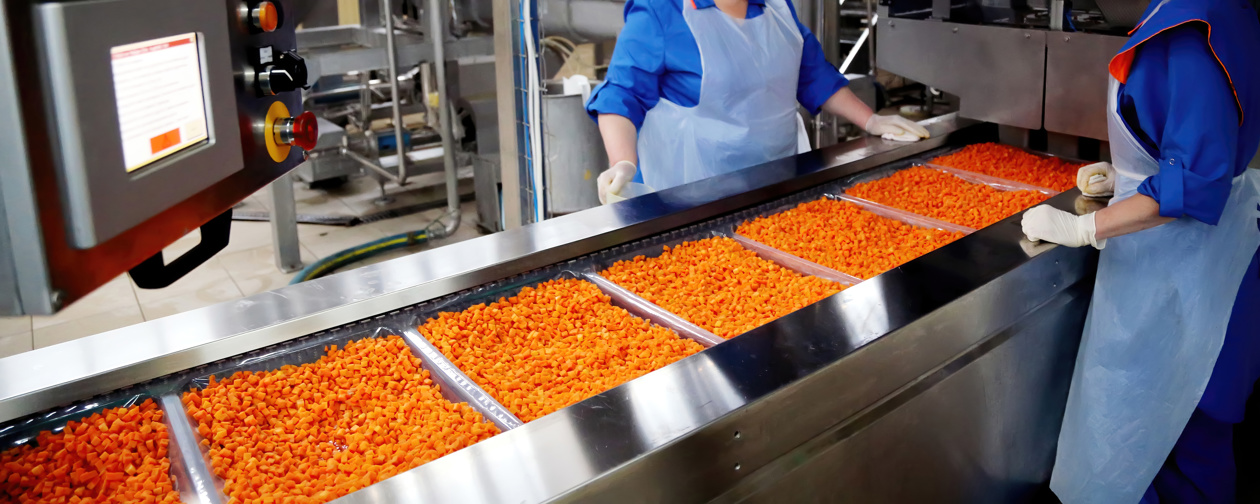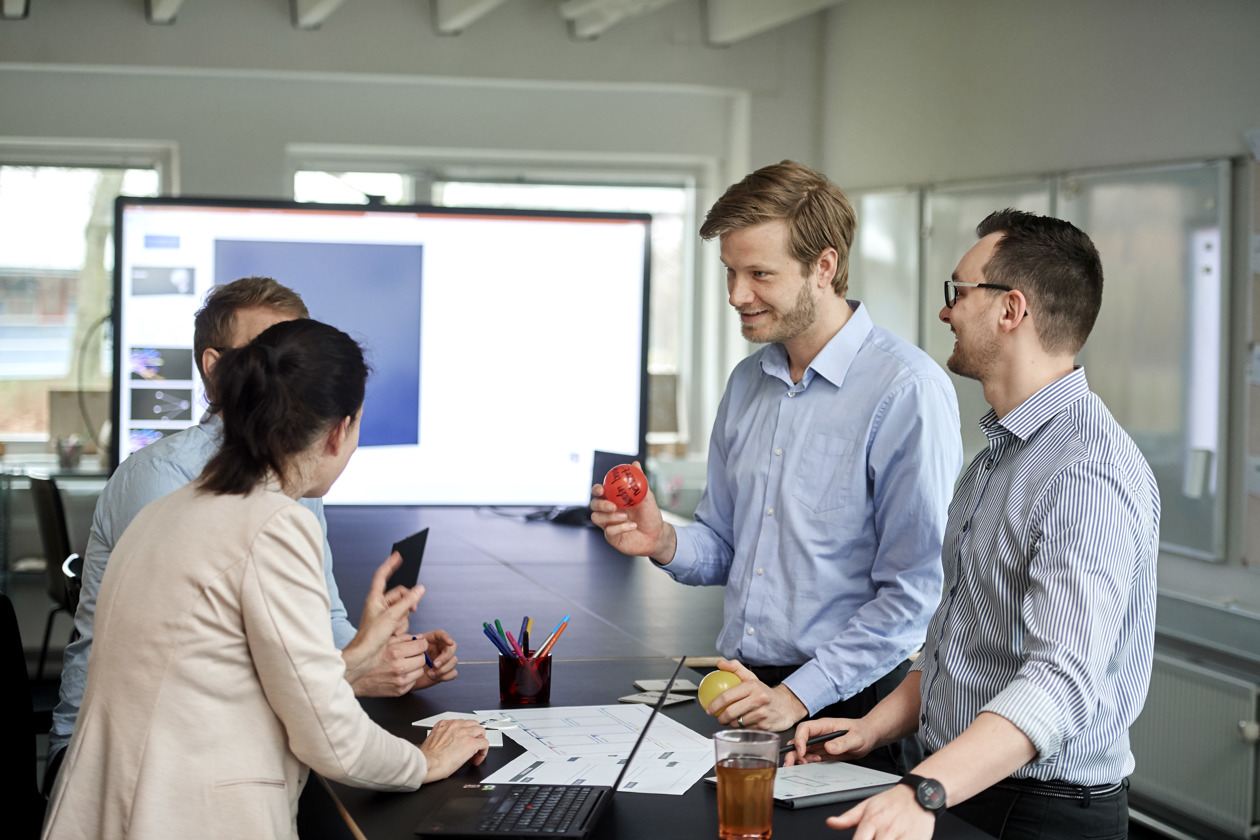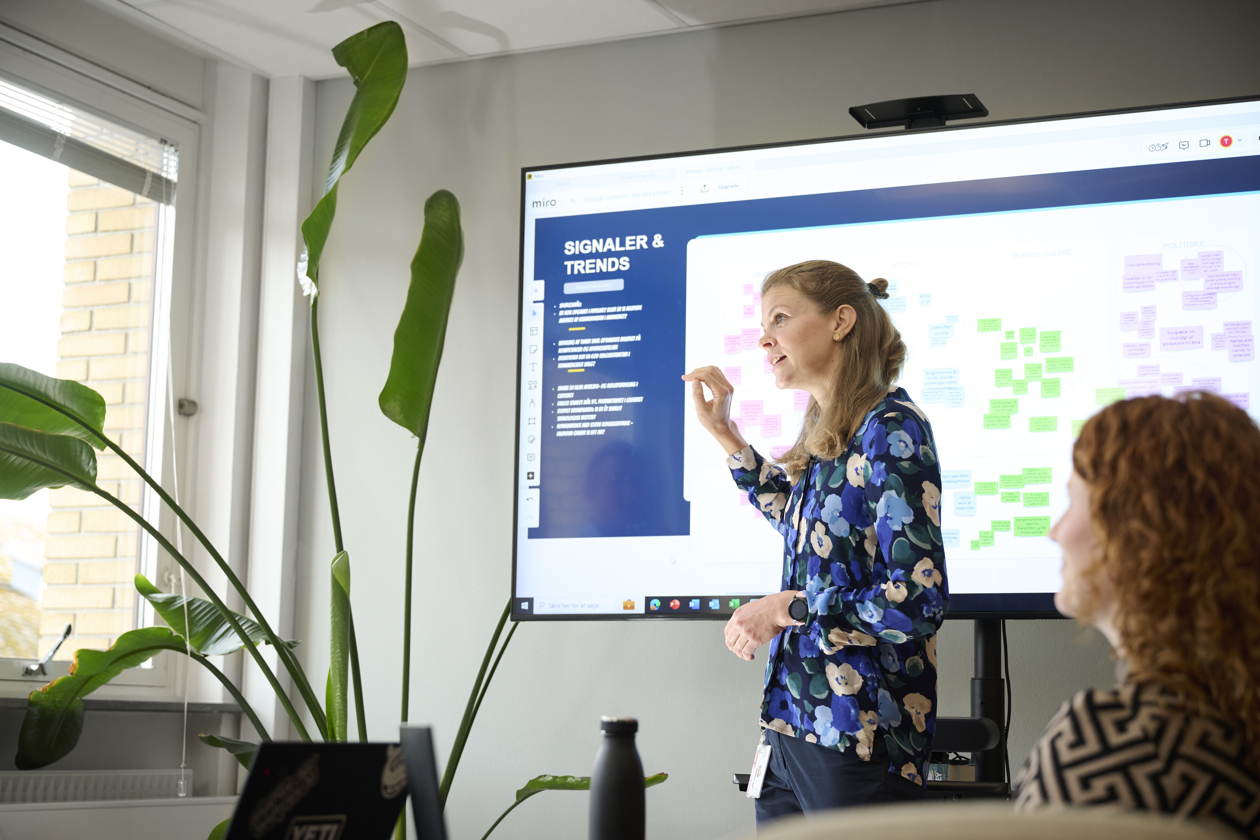About Food Upcycling
Background and purpose
Every year, large amounts of food and valuable side streams from food production are lost in Denmark, which leads to significant food waste and a negative environmental impact.
Food waste accounts for 8-10% of the world’s CO2 emissions, and in Denmark alone, food industry waste amounts to 811,404 tons annually (source: The Danish Veterinary and Food Administration). Many of these resources could, with the right knowledge and technology, be upgraded to new products instead of ending up as biogas or waste.
The purpose of the project is to help Danish food producers and the related industries – especially small and medium-sized enterprises – to turn underutilised side streams into valuable, marketable products. In this way, both the competitiveness of the companies and the sustainability of the food sector are strengthened.


Target group
The project is primarily aimed at food producers, primary producers (agriculture and raw material suppliers), and related industries, including process and technology suppliers and distributors. Small and medium-sized enterprises in particular face technical, organizational, and market barriers when it comes to reusing or adding value to their side streams. The project involves up to 300 companies and offers both screening, knowledge sharing, and tailored development programs.
Mission
The mission of the project is to reduce food waste and decrease the climate and environmental impact by promoting collaboration and innovation across the value chain. By establishing a broad partnership and developing a digital platform, the project will disseminate knowledge, methods, and networks that make it easier for companies to utilise side streams for new products. In the long term, the project aims to contribute to a more circular and sustainable food industry, where resources are used optimally and Denmark is positioned as a frontrunner in food upcycling.
